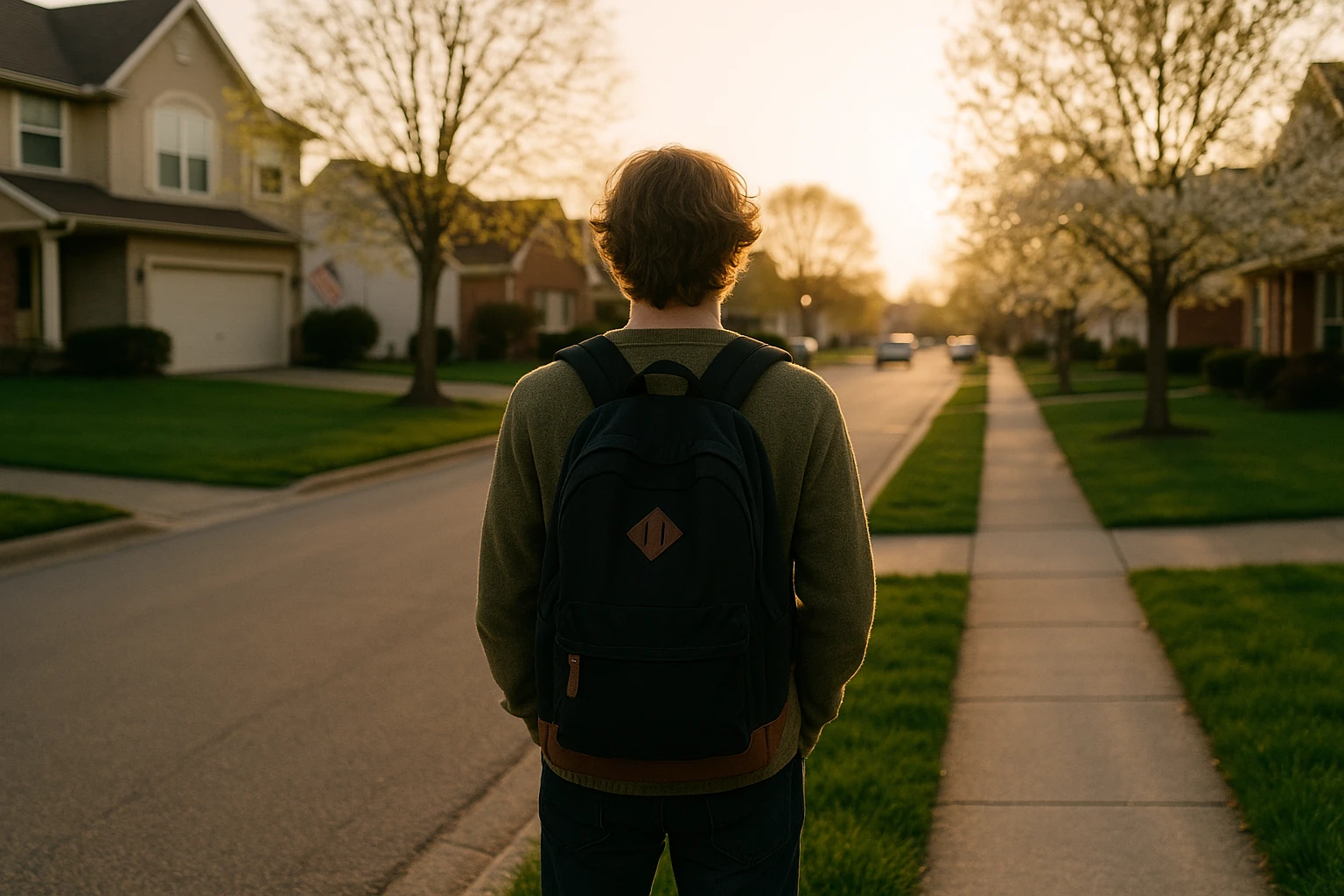If you’re suddenly feeling like a stranger in your own home country after studying abroad, that’s reverse culture shock kicking in.
In this guide, we’ll break reverse culture shock down in clear terms. You’ll know exactly how to handle life back in your home country without losing the growth you gained overseas.
We’ll cover:
- What reverse culture shock really means
- Signs you’re experiencing re-entry challenges
- Your adjustment timeline for the first few months
- Practical tips for managing your homecoming
- Ways to use your new perspective to your advantage
We’ve helped dozens of Australian students successfully manage this transition after studying abroad using these same methods.
Read on to learn how to manage reverse culture shock the right way.
What Reverse Culture Shock Means
Reverse culture shock is the disorientation you experience when returning home after living abroad. It’s the unexpected feeling of being out of place in your own culture, and understanding it changes everything about how you process these emotions.

Here’s what makes this experience so uniquely challenging for returning students:
The Psychology Behind Feeling Foreign at Home
Your brain spent months adapting to a new culture overseas. Now it’s doing the same thing in reverse, but this time it feels wrong because “home” should be familiar. To put it simply, the cultural differences you’ve internalised create a clash between your evolved identity and unchanged surroundings.
Overseas Living Changes Your Daily Expectations
Life abroad doesn’t just show students new customs. It reshapes how they expect daily life to feel.
Over time, preferences for calm public spaces, new ways of socialising, or different routines can shift into part of their cultural identity. They no longer feel like casual habits that can be dropped.
Academic Success Overseas Increases Adjustment Difficulty
University of Kansas research indicates that 70% of returning study abroad students face significant readjustment challenges. The irony is that students who adapted most successfully in their host country often struggle most with coming home because they changed the most.
Now that you understand what’s happening, let’s look at how to recognise it.
Common Signs of Reverse Culture Shock
You might be wondering if these weird feelings after living abroad are normal or if something’s genuinely wrong with your adjustment.
Well, these strange emotions are pretty common, and they tend to show up in predictable ways when you return home:
- Old mates and family can suddenly feel a bit distant, like you are all looking at the world through different lenses.
- Everyday customs that never bothered you before can now seem restrictive or oddly foreign in your own backyard.
- Even small habits from overseas, like coffee routines and greetings, stay with you as much as the memorable moments.
- Habits you picked up abroad have become part of who you are, despite everyone expecting you to return to your old ways.
- Chats with people who have never lived overseas sometimes feel shallow compared to the deeper talks you’re used to.
- The pace and priorities at home can suddenly feel frustrating, even though they once seemed completely normal.
Remember, these feelings are temporary but completely valid. So be patient with yourself because you’re not being difficult, you’re simply growing as a person.
Your First Few Months Back: The Initial Adjustment Timeline
Look, nobody really prepares you for how long this whole re-entry thing takes. That’s why most students feel completely lost during their first few weeks back.

The truth is, this whole process tends to follow a fairly predictable pattern.
- Month 1: So your new habits from overseas suddenly clash with everything back home. Those first few weeks can feel brutal because you’re dealing with initial adjustment while everyone expects you to just slip back into your old life.
- Months 2-3: This is when culture shock really peaks, and honestly, it’s the hardest part. You feel disconnected from friends who haven’t changed at all, plus you’re struggling to explain how your time abroad completely changed you.
- Months 4-6: Things finally start clicking as you figure out your new life that blends both experiences. At this stage, the emotional rollercoaster begins to level out.
Through our experience with returning students, we’ve noticed this timeline shifts for everyone, but those phases stay pretty consistent. As soon as you recognise you’re on the right path, everything becomes much more manageable.
Best Ways to Handle Your Homecoming
The return home often feels rough, yet practical steps can make the shift easier. A few simple actions help you settle in while still honouring the life you built abroad.
These steps can help you feel more at home again:
- Keep in touch with international mates: Video calls, online groups, or swapping letters are all ways to stay close. It keeps your international friendships strong and stops your overseas experience from feeling cut off.
- Join in with clubs that celebrate international life: They offer the energy, friendships, and understanding that you might be missing since returning home. Also, these spaces remind you that your overseas growth still has a place in your daily life here.
- Use your overseas experience productively: Think about volunteering with study abroad programs, writing about your time international experience, or mentoring students who are preparing to go. Your insights about adaptation and cultural differences can save them months of confusion.
- Talk openly with friends and family: Instead of waiting for them to understand, explain how your perspective has shifted. A photo journal or cooking a meal from your host country can bridge the gap.
Little steps like these make the return home less stressful and help you get the most out of what you learned abroad.
Your Global Experience as a Strength
Here’s something most returning students don’t realise. Your time abroad just gave you a competitive edge that employers are desperately seeking. More specifically, the new knowledge and cross-cultural adjustment skills you acquired abroad serve as marketable assets rather than just personal growth.

What’s more, companies value the balanced cultural perspective you bring because it means better decision-making and stronger team dynamics. Your new interests and global mindset help you solve problems in ways that people who’ve never lived internationally simply can’t. These qualities are genuine advantages that set you apart and go beyond just soft skills.
Your Global Journey Continues From Here
Reverse culture shock affects most students returning from studying abroad, creating unexpected challenges when readjusting to life at home. This emotional transition can feel isolating and confusing, but proven strategies exist to help you work through these feelings successfully.
We’ve covered what reverse culture shock means, the common signs during re-entry, and your adjustment timeline. The discussion also included practical homecoming strategies and how to use your overseas experience as a professional strength moving forward.
Ready to plan your next international adventure? Our experienced team helps Australian students find perfect study abroad opportunities worldwide.
Contact us today to explore your options.
